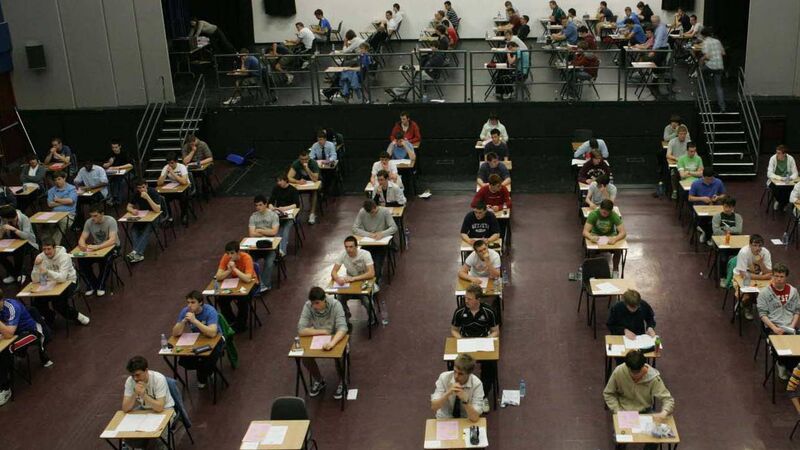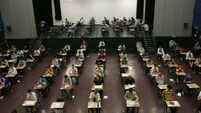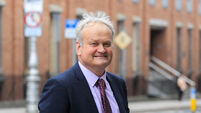Leaving Cert reform, teacher training costs, hidden funding cuts: The year ahead in schools

Leaving Cert reform is a concern as teachers have 'misgivings' over junior cycle changes. Picture: Leon Farrell
As the new school term gets under way, principals across the country are bracing for changes and challenges in the classroom.
Balancing building projects along with vast amounts of admin, recruitment, and tight budgets are some of the tasks school leaders are facing, on top of the day-to-day running of a school or rolling out curriculum changes.














